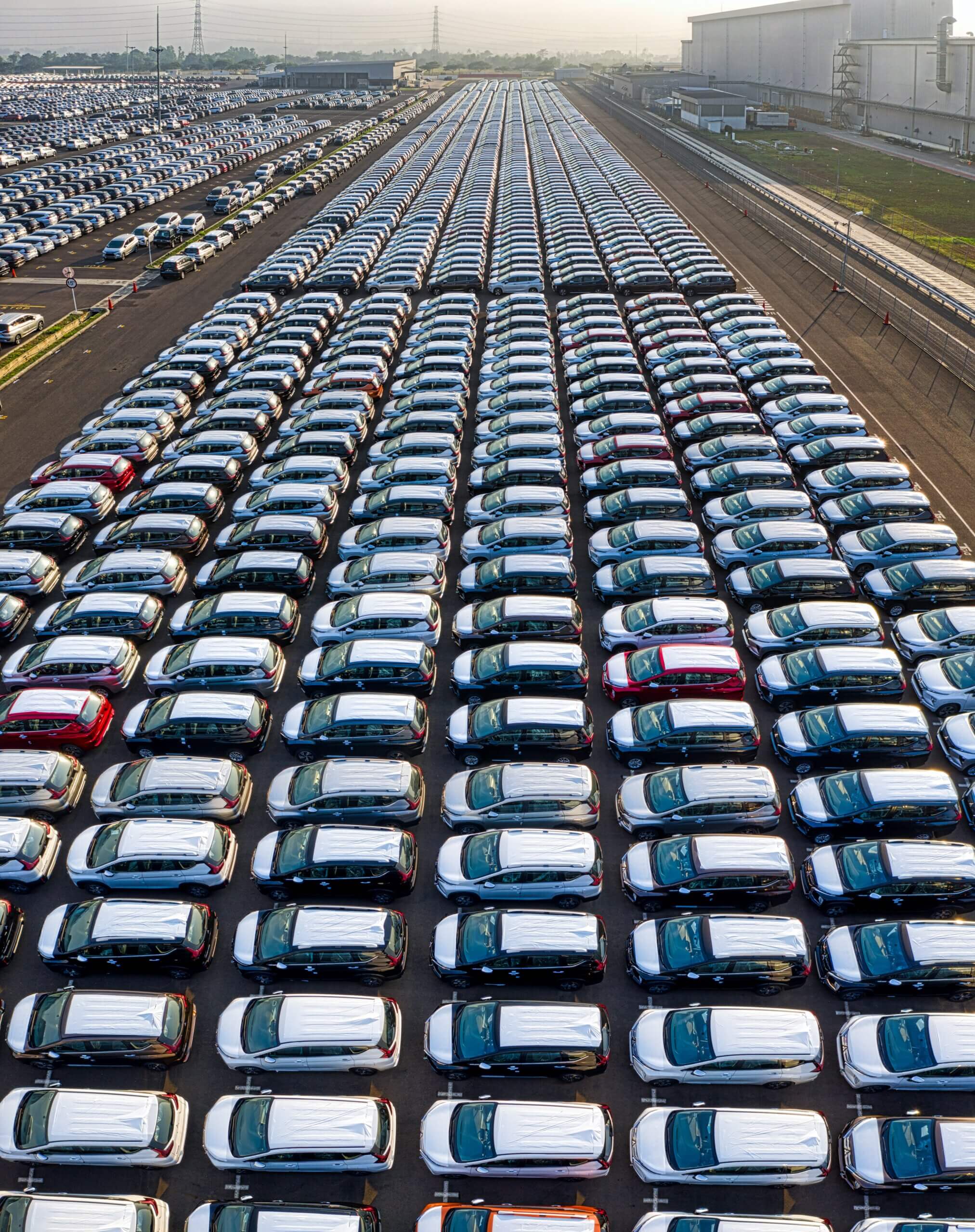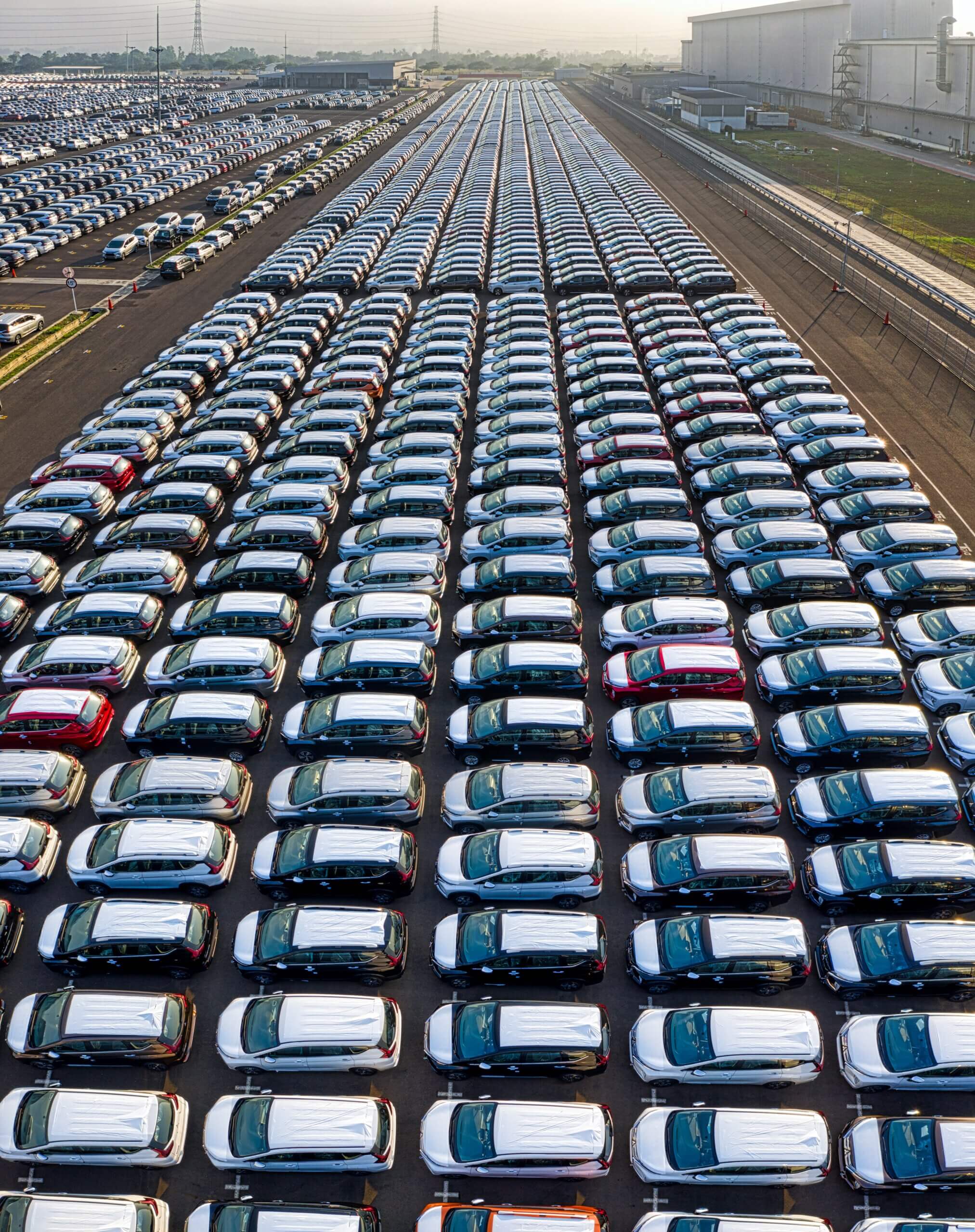Two weeks ago, Ford announced that – amid escalating US-China industrial tensions – it would collaborate with a Chinese State-backed supplier in establishing a 3.5 billion USD battery plant for electric vehicles in Michigan. Ford will license technology, including technical expertise, for the facility from Contemporary Amperex Technology Co., Ltd (CATL).
Ford will likely receive support from the Inflation Reduction Act (IRA) for this effort; Jim Farley, Ford CEO, has said that the “economics in the IRA really make a difference” for the company.
As Virginia Governor Glenn Youngkin warned when he withdrew his state from contention for the proposed plant, CATL’s role risks constituting a Chinese “Trojan horse.”
This despite the fact that an EV battery plant dependent on Chinese technology runs directly contrary to the IRA’s ambition to shore up dependence on Chinese players and increase sustainable American industrial capacity. At the end of January, Virginia Governor Glenn Youngkin withdrew his state from contention for the proposed plant. In doing so, he warned that CATL’s role risks constituting a Chinese “Trojan horse.”
That framing was apt – and one that Youngkin’s Michigan counterpart would have been wise to heed. It constitutes a rare recognition of China’s weaponization of industrial cooperation. Beijing works to develop leverage over key nodes in the US industrial base, including via partnerships with established American players, and then to convert those positions into economic and political power.
That effort is already well established in the United States. The two-plus year history of this Ford-CATL project underscores as much, as well as its dangerous implications.
CATL announced that it would delay building a multi-billion-dollar North American plant to supply Tesla and Ford, as a result of tensions over Taiwan.
Remember House Speaker Nancy Pelosi’s controversial visit to Taiwan in August 2022? Remember China’s retaliation? There were military drills and missile tests. Beijing declared it would end cooperation with the United States on military talks – as well as climate and anti-drug efforts. China sent aircraft across the median line between Taiwan and China.
And, less noticed in the press but perhaps more important in Beijing’s reaction to Pelosi’s visit: CATL announced that it would delay building a multi-billion-dollar North American plant to supply Tesla and Ford, as a result of tensions over Taiwan. That North American plant is the same one that Ford just announced.
Ningbo-based and Chinese government-backed, CATL is the world’s biggest lithium-ion battery manufacturer for electric vehicles. It controls about one third of the international market (in large part thanks to government subsidies – both direct ones that plump up CATL’s balance sheet and a broader, more indirect system of State backing that fuels China’s EV ecosystem from supply and demand sides). A critical supplier for US car manufacturers ranging from Tesla to Ford, CATL is a critical piece in Beijing’s bid to dominate the EV value chain and new energy systems more broadly, and therefore a critical piece in Beijing’s effort to establish leverage over the international industrial base.
Youngkin called the CATL-Ford facility a Trojan horse. But it’s even worse: The Trojans didn’t subsidize the Greeks’ horse building efforts.
CATL’s move to pause development of its North America plant rang of economic coercion, of Beijing flexing its industrial strength for geopolitical purposes. It threatened to twist the incentives of any entity that stood to benefit from the factory – whether a local US government or a downstream customer – so that they aligned with Beijing’s.
Imagine, then, the risks of the planned CATL-Ford facility. It threatens to increase CATL’s influence over the US electric vehicle industry. It threatens to increase CATL’s influence over Ford, an American industrial champion. And it threatens to increase CATL’s influence in the state of Michigan. It risks doing all of this supported by the Inflation Reduction Act’s incentives, and therefore by the American taxpayer.
Youngkin called the CATL-Ford facility a Trojan horse. But it’s even worse: The Trojans didn’t subsidize the Greeks’ horse building efforts.
The good news is this: Historically, Beijing has expanded its influence in the United States by preying on the economic development priorities of state and local leaders, encouraging them to trade short-term economic gain for long-term economic and security costs. Governor Youngkin’s rejection of the CATL-Ford plant – if ultimately trumped by Michigan’s acceptance – suggests that US state and local leaders, or at least some subset of them, are standing up to China.
“I look forward to bringing a great company here,” said Youngkin of his decision in January. “It won’t be one that uses kind of a Trojan-horse relationship with the Chinese Communist Party in order to gain. This is not a zero-sum game and I would have loved to have Ford come to Virginia and build a battery plant, if they were not using it as a front for a company that’s controlled by the Chinese Communist Party.”
Now, it’s up to others to follow suit. Michigan, where China has already cannibalized the legacy industrial base of the US auto industry, and is now poised to claim leverage over the EV era, ranks at the top of that list. It’s time for the state’s leaders to decide that enough is enough – and to work to level the playing field for American companies that want to compete via trusted supply chains and trusted partners.
It’s also up to the federal government to wake up to China’s approach: Youngkin made the point that for a Chinese joint venture to receive Inflation Reduction Act incentives would run contrary to the spirit of the law. The letter of the law should make that impossible.
And, finally, it’s up to the private sector to play its part. Ford’s continuing partnership with CATL threatens the security of the US industrial base. It also threatens Ford’s future balance sheets: China isn’t backing CATL so that it can be a Ford partner. China is backing CATL so that it – and its other Chinese counterparts – can overtake Ford in global markets. Companies, and their investors, need to internalize this; to come to terms with the reality that Beijing and its companies pose a non-market threat to market-based systems and actors globally. Exposure to China comes at a tangible cost. And that cost outweighs any short-term economic boons redeemed from partnerships with China.
Emily de La Bruyere and Nathan Picarsic are co-founders of Horizon Advisory and Senior Fellows at the Foundation for Defense of Democracies.
(Photo by Tom Fisk/Pexels)




